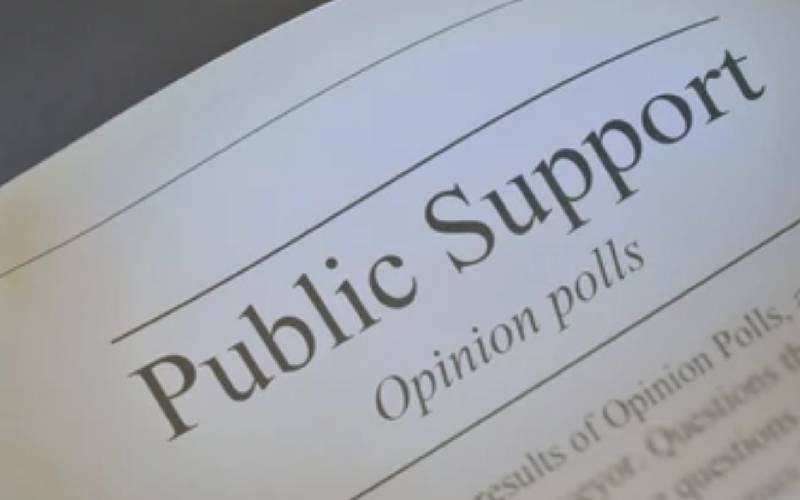×
The Standard e-Paper
Kenya’s Boldest Voice

Opinion polls are a useful tool in a vibrant democracy, especially if they are conducted scientifically and honestly. [Courtesy]
The season of political opinion polls is upon us again. Opinion polls are surveys by research institutions or individuals targeting the public or category of people to solicit their views or opinions on certain topics or what they think about political candidates’ chances of winning an election.